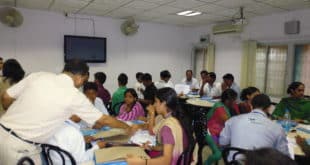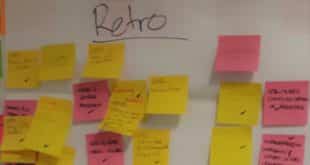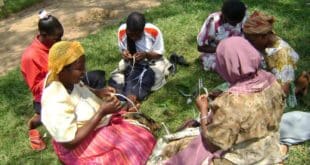Step 1: Design The first key step is to ‘Design the harvest’. What this means is that the team is effectively developing the key research questions. In outcomes harvesting, this process takes careful account of the users in the conversation and their expectations and perspectives, as well as their needs. …
Read More »Blog Posts
What is Outcomes Harvesting and When to use it?
Outcomes Harvesting is one of many M&E methodologies. It is a powerful method as it really allows evaluators and researchers to embed meaning in their data, which can truly tell a story which includes not only repeated points of data (indicators) which show an outcome target was achieved but allows …
Read More »Stakeholder Engagement in M&E
Just as in development practice, engaging stakeholder is an important part of the monitoring and evaluation of development projects. Projects which seek to create change in the actions and behaviours of individuals rely on effective engagement and getting this just right can add substantial value to the learning of your …
Read More »Participatory Evaluation: Definition, Methods, Advantages
The idea of development as a practice which is embedded in a community is an interesting one. There is growing interest in the concept of learning communities, communities which are empowered to chart their own pathways of change. Rather than ‘development practitioners’ ‘treating’ groups of people, and then measuring the …
Read More »5 Humanitarian Law Online Courses You Can Audit for Free
Humanitarian law (often called international humanitarian law) is the branch of law that regulates conduct in war. It focuses on the people who are not actually fighting, but are affected by war’s effects. Humanitarian law also restricts and regulates the methods of warfare that combatants use. Any laws that deal …
Read More »What can international development learn from tech start-ups?
International development tends to be heavy on planning and documentation. There are concept notes and proposals to write, logframes and monitoring and evaluation systems to prepare, quarterly progress reports to submit, and baseline and endline surveys to measure the impact. All this planning works well when you know how to …
Read More »What is a social enterprise?
Social enterprises have become increasingly popular as part of international development programs. A social enterprise is a business that aims to achieve a particular public or community mission (social, environmental, cultural or economic), and reinvests the majority of its profits into achieving that mission. Features of a social enterprise To …
Read More »How to get informed consent
Special thanks to Raizel Albano for suggesting this post, and for providing a case study on conducting research with indigenous communities in the Philippines. If you’re planning to conduct any type of research (qualitative or quantitative), it is essential that you first get informed consent from the participants. If someone gives informed consent …
Read More »Does your organisation need a child protection policy?
The answer to this question is almost certainly ‘yes’. Any organisation that comes into contact with children directly or indirectly should have a child protection policy, including most organisations working in international development / aid, not just organisations that focus on children’s activities. Direct contact with children includes activities where children are …
Read More »Free online international development courses round-up
Got some time in the New Year and want to increase your knowledge and skills in a particular area? Here is a round-up of free online courses for international development / aid professionals that you can take anytime, anywhere. The courses, often called MOOCs (short for Massive Online Open Course), …
Read More »









